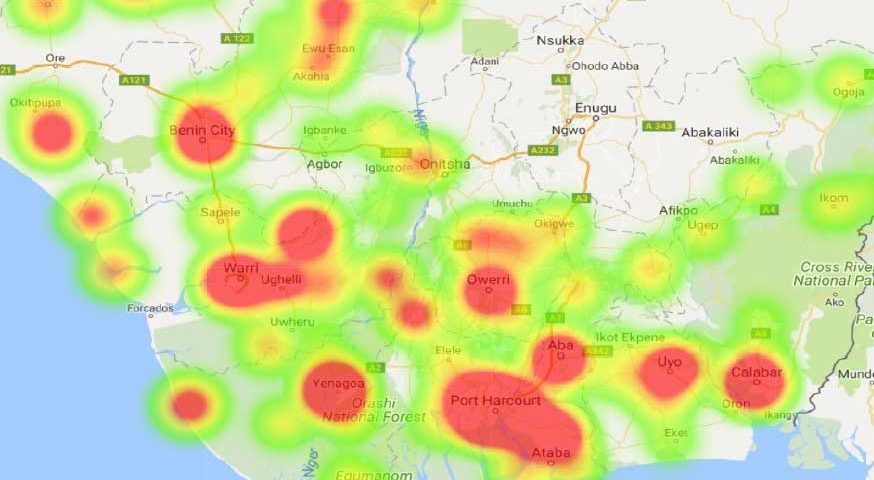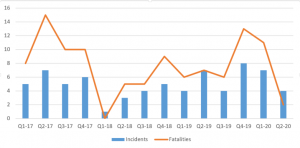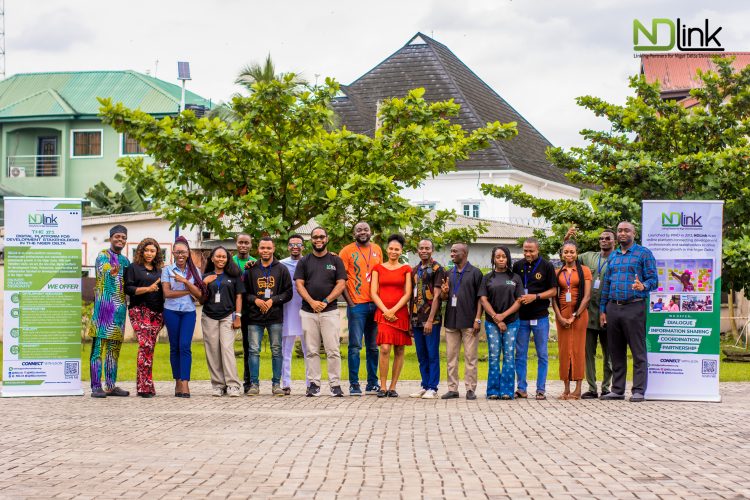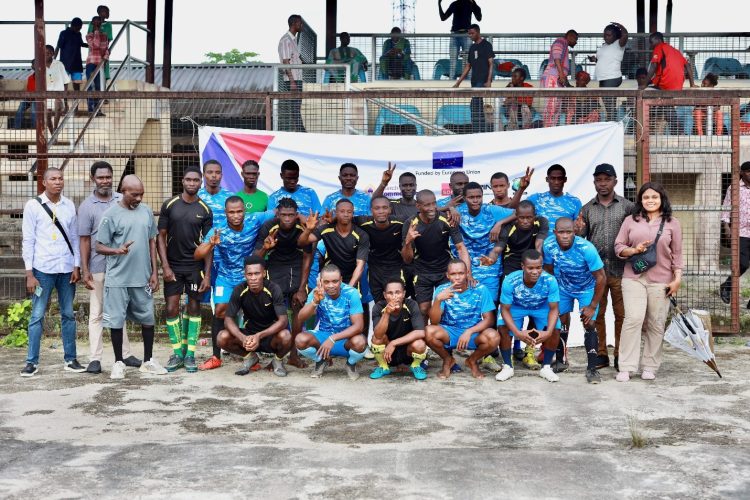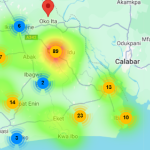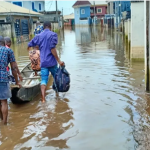
[Policy Brief] Addressing Multiple Taxation and Illegal Levies on Businesses in Abia State
November 3, 2020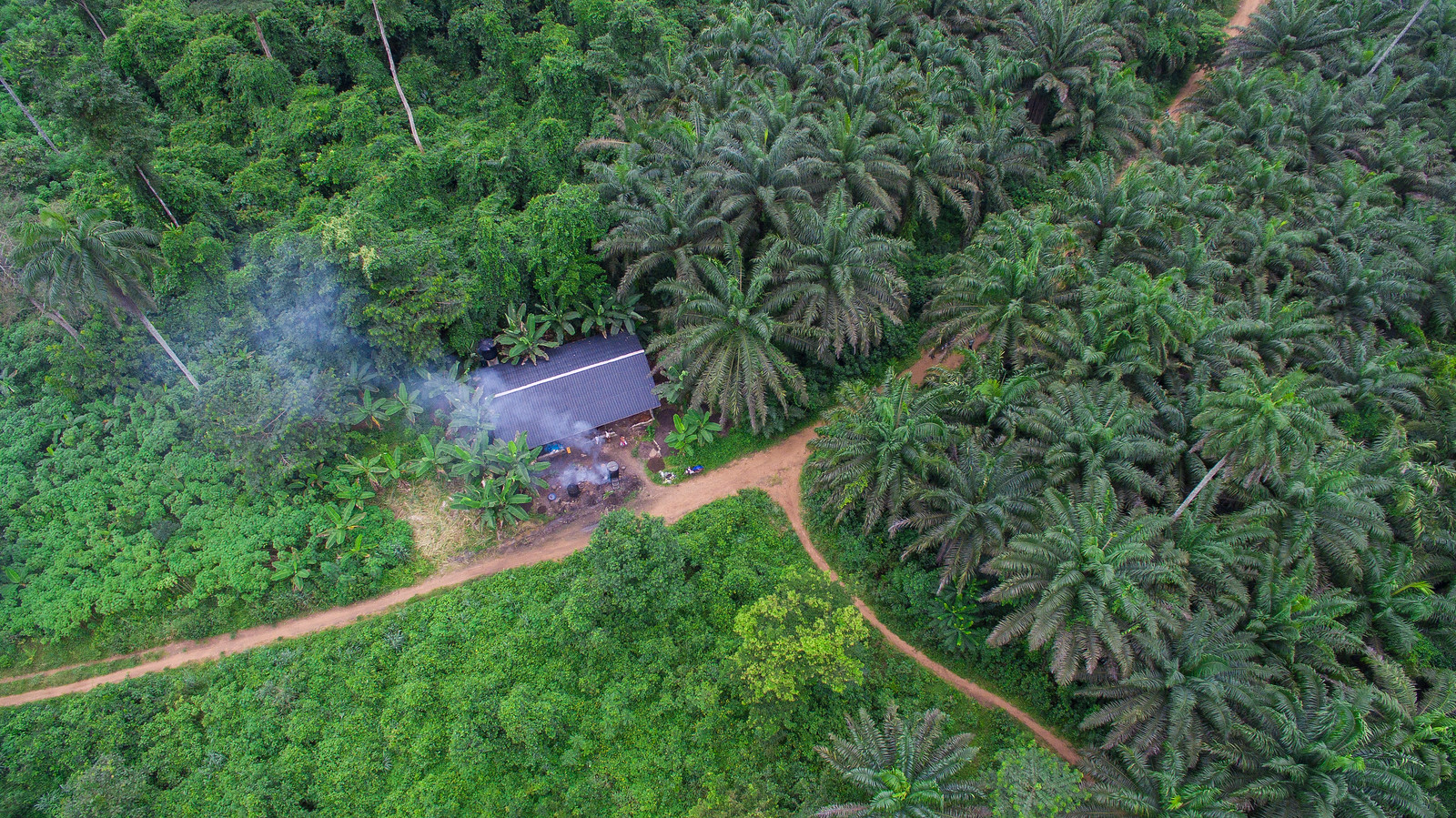
[Policy Brief] Access to Agricultural Land in Abia State
November 5, 2020
By Nkasi Wodu
Background
Abia State was created out of the old Imo State in 1991 under the then military administration. The State is located in the South East region of Nigeria and comprises of 17 local government areas. It occupies about 6,320 kilometers and is bordered by the states of Enugu and Ebonyi to the north, Akwa Ibom to the east and southeast, Rivers to the south and southwest, and Imo and Anambra to the west.[1] The State has a population of about 2.4 million people.[2]
Conflict issues in Abia State include communal tensions, violent criminality, land disputes, armed robbery, kidnapping, human trafficking, and ethno nationalist agitations. According to data, Abia State has repeatedly recorded low conflict incidents and fatalities compared to other States in the Niger Delta from 2016-2019[3].
Communal tensions, ethnic nationalist sentiments, and land disputes continue to be a persistent feature of the conflict landscape in Abia State. According to a report by the Foundation for Partnership Initiatives in the Niger Delta (PIND), there was an increase in reported incidents of conflict risk and violence in Abia state in from April to June 2020, compared to January to March 2020. Abia was among the least violent States in the Niger Delta during the period, based on reported fatalities. Ikwuano and Aba North LGAs had the highest levels of lethal violence in the state during the quarter. Conflict risk and violence during the period were mainly driven by criminality, communal conflict, and extra-judicial killings by security operatives[4].
The current response to Conflict and Insecurity
Currently, the approach adopted by States towards addressing insecurity is to focus wholly on a public security approach without resources to a human security approach. While this approach could be effective in the short term, it robs the States of the long term gains of focusing on more holistic and inclusive means of conflict management.
Any effective security approach must be a holistic one that confronts insecurity from both public security and a peacebuilding perspective. A public security approach would involve the actions of government and security actors such as the police and military as is currently practiced by most State governments in the Niger Delta. A peacebuilding approach would focus on the drivers of conflict and identifying proactive measures that look at conflict prevention as well as reduction and mitigation.
Focus on Conflict Prevention rather than mitigation
Conflict is not always linear or able to be divided into discrete phases or timelines, nor is it always contained to easily-delineated geographical designations. Considering the dynamic nature of the conflict, a segmented or inflexible approach cannot effectively address the varied drivers, triggers, vulnerability, and risk factors of a particular conflict system. Therefore, effective prevention, as well as proactive conflict management and resolution, must be informed by an equally dynamic and integrated early warning system. Such a system should include state and non-state actors as part of a systematic and multifaceted process of data collection, information sharing, and verification.[5] All too often, this is not the case and key stakeholders who may have both the necessary information and skills to anticipate and respond to a conflict before it escalates into a crisis, are left out of the process.
For effectiveness in security in Abia State, there is the need to utilize early warning effectively for conflict prevention. Approaches to establishing peace in the State shouldn’t be wholly focused on a public security approach similar to the approach currently in place and which has had limited or no success in the various States in the Country. There needs to be a complementary approach that emphasizes conflict prevention through the use of early warning and early response and peacebuilding. Such an approach also needs to be participatory and inclusive, employing the civil society organizations and other non-security actors to complement the efforts of security agencies. Conflict prevention involves a whole spectrum of activities that include peace education, sensitization, and awareness on issues, etc., all these are activities that CSOs and other non-security actors can engage in.
Creating a roadmap to sustainable peace: The establishment of the State peacebuilding commission
The approach adopted by successive administrations to the incessant outbreak of violent conflict has been limited to the setting up of commissions of inquiry and the deployment of security agents during, and or in the immediate aftermath of conflict. This strategy often fails to address violence at its root. Deeply entrenched grievances and suspicion that drive conflict must be reversed. There is a need to shift focus from the reactionary pattern of response to the violent conflict to being proactive. Rather than responding to the outbreak of violent conflict, the primary goal should be to prevent them from flaring up and escalating. The establishment of a road map to peace and the creation of a state peacebuilding commission are some of the ways to achieve this objective.
A peacebuilding roadmap or framework is a document that outlines multiple opportunities to advance conflict prevention and peacebuilding objectives in the State. It highlights some of the pathways that can help propel the Peace process forward. Leveraging on the capacity of various actors and the Peacebuilding Commission, it will promote sustainable conflict-sensitive planning, implementation, monitoring, and evaluation as well as mainstream the role of women in all post-conflict intervention processes. The peacebuilding roadmap and framework sets out the State’s direction and ambitions over a medium-term period and provides metrics for the measurement of success and progress over short and medium-term periods.
Developing a peacebuilding roadmap or framework
- A peacebuilding roadmap or framework is developed through a participatory process that brings together all the key stakeholders involved in the conflict in the State. These stakeholders include;
- Government Agencies
- Civil Society Organization
- Community leaders
- Academics
- Community groups and community-based organizations
- Vigilante outfits
- Faith-based organizations
- Security institutions such as the police, military and Civil Defence Corps
- Media
- Create a vision of peace for the state
- Conduct an analysis of conflict in the State identifying key stakeholders, patterns, trends, etc.
- Develop strategic themes e.g. Peace Education, Communal conflict management, gender, and youth, etc.
- For each strategic theme develop a goal, strategy, and objectives
- And for each objective develop the following:
- Key activities
- Expected outcomes
- Progress indicators
- Timelines
- Persons responsible
- Resources needed
State Peacebuilding Commission
A State peacebuilding commission is a government agency established to drive conflict resolution efforts in the State. The commission is primarily responsible for driving the implementation of the peacebuilding roadmap or framework. The Commission embodies the needed neutrality to deploy multi-stakeholder approaches to conflict resolution and peacebuilding, a task which security agencies are ill-equipped for and which civil society organizations often lack the necessary government backing to accomplish.
Furthermore, a state peacebuilding commission can act as a clearinghouse for civil society actors working on conflict issues in the state and can provide government support and organization necessary for peace and security actors to share information and plans for enhanced coordination and cooperation in addressing conflict issues in the State. The State peacebuilding commission plays a key role in Peace Education, Capacity Building, Post Conflict Rehabilitation, Research, Coordination, and Grassroots Mobilizations.
For sustainability, institutional support, and credibility, the State peacebuilding commission should be a creation of law, backed by the legislation of the State House of Assembly.
Proposed Objectives of the Peace Commission
- The adoption of proactive measures in the development and implementation of strategies that would promote peace and harmonious co-existence;
- conflict prevention;
- Nonviolent intervention, mediation, and peaceful resolution of conflicts and disputes at communal and inter-group levels across the State.
Proposed functions of the Commission
- Engage in conflict monitoring and mitigation activities, organizing regular joint interactive meetings in communities, designing and implementing peace advocacy programs in the mass media, carrying out peace advocacy work in schools and public places including worship centers in the State.
- Serve as intellectual base and resource to support Government in formulating and implementing policies that relate to the promotion of peace and conflict management and developing a strategy for managing residency and citizenship matters;
- Partner with other local and international organizations and agencies involved in peace mediation and conflict resolution work in carrying out its functions;
- Develop models of conflict prevention and management for intra-pastoralist conflicts and conflicts between grazing reserves settlers and host communities;
- Promotion of mutual understanding and respect between farmers, herdsmen, and pastoralist through sensitization and regular joint interactive meetings with community leaders to settle disputes and resolve common problems;
Other functions include;
- Assist the Government in the formulation of policies and measures that promote general security, social stability, and compliance with the rule of law, and develop strategies that will check negative social values and vices capable of causing a crisis in the state.
- implement and review policies, peace agreements, regulations, standards, guidelines and mechanism governing peacebuilding and conflict management and
- Carry out all such things as may contribute to the fulfillment of the objectives of the commission.
Proposed Powers of the Commission
- Liaise with all relevant agencies to cause the attendance of any person before it to answer questions relevant to the subject matter of the hearing before the Commission;
- Interview any individual, group or members of Organisation or institutions and at the Commission’s discretion to conduct such interviews in private or public;
- Collaborate with similar agencies in other States to achieve its objectives;
- Issue invitations, summons and subpoenas as it deems necessary for carrying out its functions; and
- Require that statements be given under oath or affirmation and to administer such oath or affirmation.
Proposed Composition of the Commission
- A Chairperson who shall be a person of impeccable character and a respected leader in the society
- Executive Vice Chairperson who shall be a person of integrity with not less than ten (10) years’ experience in peace, mediation and conflict resolution, to also serve as
the Chief Executive Officer of the Commission;
- Permanent Commissioners;
- The Secretary to the State Government
- The Attorney-General and Commissioner for Justice;
- Special Adviser to the Governor responsible for Security matters;
- The Commander of the State Vigilance Service;
- One representative of the Muslim community in the State;
- One representative of the Christian community in the State;
- Three representatives of the Traditional Council in the State, one from each Senatorial District;
- Representatives of youth, women groups, etc.
[1] https://www.britannica.com/place/Abia
[2] https://en.wikipedia.org/wiki/Abia_State#History_and_population
[4] https://pindfoundation.org/niger-delta-quarterly-conflict-tracker-q2-2020/
[5] Gardner, Clare (2015) Towards a more effective early warning system in the Horn of Africa: Learning lessons and seizing opportunities, Saferworld Report, p.22. Available at: http://www.saferworld.org.uk/resources/view-resource/955-towards-a-more-effective-early-warning-system-in-the-horn-of-africa
_________________________
Nkasi Wodu manages PIND Foundation’s Peace Building program


